Dr Maria Montessori, an Italian physician and educator, revolutionised the world of early childhood education with her groundbreaking learning theories and the development of the Montessori Method in the early 20th Century.
Her unique approach has influenced countless educators, parents, and institutions around the globe, emphasising a child-centric perspective that promotes independent learning and holistic development.
In this blog, we explore the Montessori Method, its core components, and the role of the teacher in a Montessori classroom.
The Montessori Method
At the heart of Montessori education is the Montessori Method, a pedagogical approach focused on fostering a child’s natural inclination to learn through hands-on experiences, developing the social, emotional, physical, and academic aspects of a child.
Maria Montessori observed that children possess an innate desire to explore their environment, and she believed that education should align with this natural curiosity. To achieve this, she developed a learning environment that allows children to progress at their own pace, promoting individualised and self-directed learning.
The first Montessori classroom, known as the Casa dei Bambini, or Children’s House, opened its doors in Rome, Italy, in 1907. Since then, her innovative approach has gained global recognition, influencing educational practices and theories in diverse cultural contexts.
The Montessori philosophy has transcended borders, with Montessori schools established worldwide. According to a report from the 2022 Global Montessori Census, this pedagogical approach has been implemented in 154 countries. Countries with the largest number of Montessori schools are the United States, China, Thailand, Germany, Canada, and Tanzania. It has also been reported that the UK has over 600 Montessori schools, with 88% of those that had been OFSTED-inspected graded “outstanding” or “good”.
Planes of development
In her educational philosophy work, Maria Montessori observed four distinct periods – which she termed ‘planes’ – of human and child development, and called for specific educational approaches to each plane. These planes are from birth to 6 years, from 6 to 12, from 12 to 18, and from 18 to 24.
During the first plane, a child is seen as a concrete, sensorial explorer and learner, engaged in developing themselves and building independence. Montessori introduced several concepts to explain this, including:
- ‘the absorbent mind’ – a power unique to the first plane which explains how a child can effortlessly assimilate environmental stimuli such as senses, language, and culture
- ‘sensitive periods’ – periods of time that are particularly sensitive to certain stimuli, and,
- ‘normalisation’ – observed in children from 3 to 6, this is the ability to concentrate and focus on activity as well as “spontaneous discipline, continuous and happy work, social sentiments of help and sympathy for others”.
Components of Montessori teaching
There are a range of practices followed in Montessori schools across the world, but these principles and elements create the backbone of the method. Each of these components lay the foundation for a holistic educational experience that nurtures the development of the whole child.
Mixed-age classrooms
Step into a Montessori classroom, and you’ll find an environment that mirrors the diversity of the real world. Classrooms with children of different ages are a hallmark of the Montessori Method, with age groups all within three years of each other (0-3, 3-6, and so on), promoting a sense of community and cooperation.
Younger children benefit from the guidance of their older peers, while older children develop leadership skills by assisting their younger counterparts. This dynamic setting fosters a collaborative atmosphere, reflecting the social diversity children will encounter throughout their lives.
Student choice of activity
In the Montessori environment, students are empowered to take control of their learning journey. The freedom to choose activities instils a sense of responsibility and independence from an early age.
By selecting tasks that align with their interests and developmental needs, students become active participants in their education. This personalised approach not only fuels a passion for learning, but also allows each child to progress at their own pace, fostering a lifelong love for exploration and discovery.
Uninterrupted blocks of work time
Montessori classroom environments break away from the conventional structure of short, segmented lessons. Instead, they embrace uninterrupted blocks of work time. This design encourages a deep focus on tasks, enabling children to engage in activities for extended periods.
Uninterrupted work time cultivates concentration, perseverance, and a sense of accomplishment as students immerse themselves in their chosen activities, fostering a love for learning that transcends the confines of traditional education.
Specialised materials
Classrooms have meticulously designed learning materials tailored to each developmental style, all made out of natural, aesthetic materials such as wood, rather than plastic. These specialised materials are age-appropriate and serve as tools for hands-on exploration.
From sensorial materials that engage the senses, to maths and language materials that make abstract concepts tangible, each item is carefully crafted to support the child’s understanding and mastery of various subjects.
A prepared environment
At the core of this method is the concept of a prepared environment. Classrooms are thoughtfully arranged to foster independence, order, and exploration. Child-sized furniture, aesthetically appealing materials, and an organised layout contribute to an atmosphere that promotes learning and creativity.
The prepared environment is not just a physical space, it extends to the mindset of the educators and the overall philosophy of embracing each child’s unique learning process.
Discovery over instruction
Teachers serve as facilitators, guiding students to explore concepts independently, putting emphasis on discovery rather than instruction.
This approach taps into the natural curiosity of young children, sparking a genuine interest in the subject matter. By allowing students to discover knowledge on their own, the Montessori Method cultivates critical thinking skills, problem-solving abilities, and a lifelong appetite for understanding the world around them.
The role of the teacher
Unlike the traditional model where educators lead structured lessons, Montessori teachers observe, support, and nurture each child’s individual learning journey. These facilitators keenly monitor the students, identifying their interests, strengths, and challenges.
Armed with a deep understanding of each child’s developmental stage, the Montessori teacher provides tailored guidance, introducing appropriate materials and activities that align with the child’s current needs. The emphasis is on fostering independence and self-directed learning, empowering students to take ownership of their educational experience.
The real-world impact of the Montessori approach
The impact of Maria Montessori’s theories is evident in the real-world success of Montessori-educated individuals. Educational psychology scholar Angeline Lillard has carried out multiple studies on the effects of the Montessori learning experience and has found that 8th grade proficiency levels in maths and English are somewhat higher than in district schools and that adults who had attended Montessori schools scored significantly higher on scales measuring general wellbeing, engagement, social trust, and self-confidence.
There are also a number of people in the public eye who attended Montessori schools, including Jeff Bezos, founder of Amazon, Larry Page and Sergey Brin, founders of Google, actor George Clooney, and musicians Beyonce and Taylor Swift.
Championing individualised learning
Maria Montessori’s innovative educational theory has transcended traditional notions of teaching, reshaping the landscape of early childhood education. The Montessori Method, with its distinctive pedagogy and focus on psychological development, stands as a testament to Dr Montessori’s visionary approach.
By emphasising a child-centric method of teaching and fostering independent learning, this approach is a powerful catalyst for the development of social skills and psychological growth, alongside many other beneficial characteristics to the individual.
Learn how to play a critical role in the development of children with the North Wales Management School’s 100% online MA Education with Early Childhood degree. Taught part-time, you will study a range of subjects that will make you more effective as an educator, including well-being and resilience in early childhood, inclusive practice, and anti-oppressive practice.




